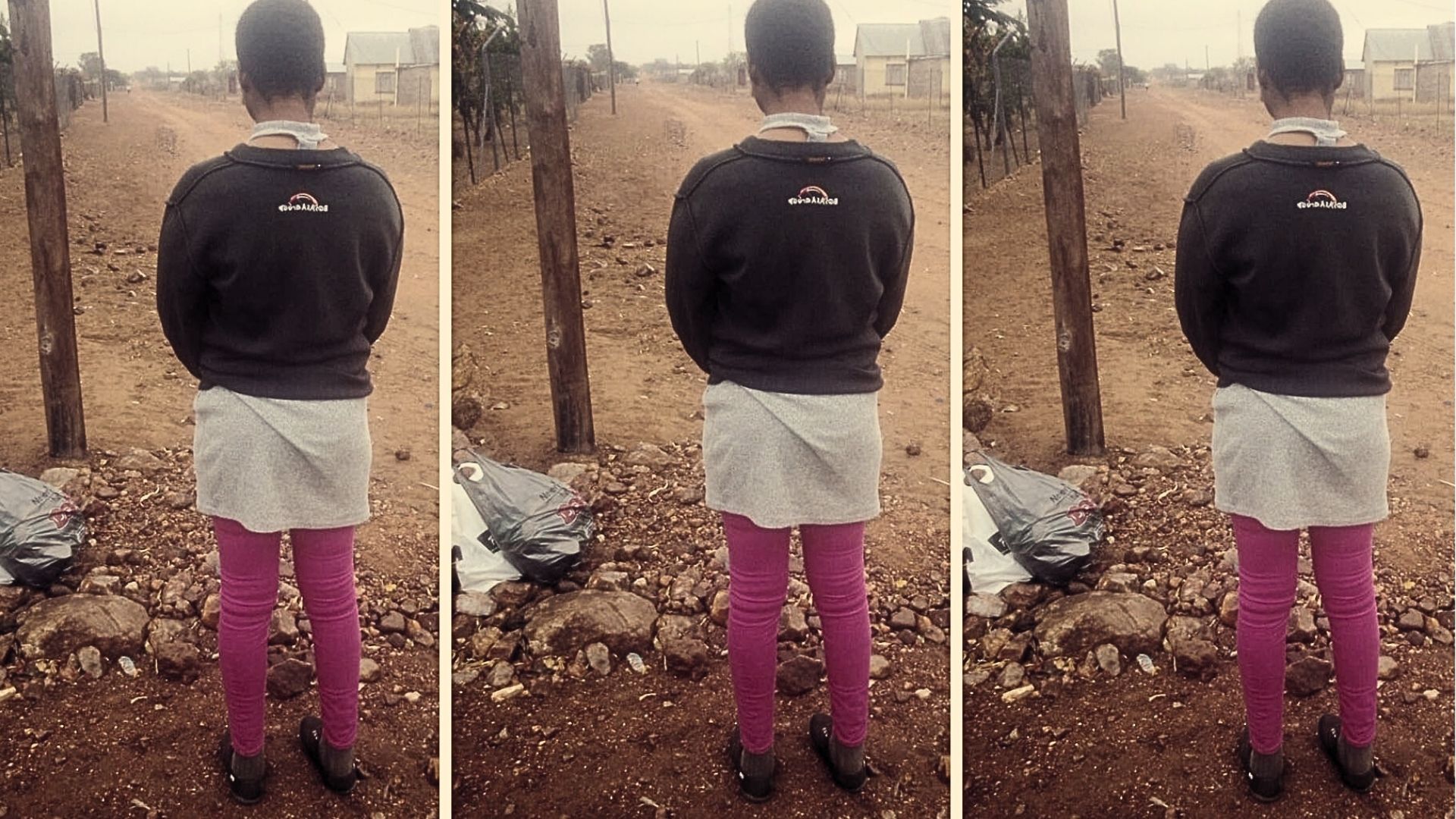A concerning trend has emerged in the villages of Giyani, Limpopo. Home-based care workers in the community say numerous people living with HIV/Aids are defaulting on their medication, putting their health and lives at risk.
They highlight that one of the reasons for defaulting is food insecurity, which points to a need for targeted support and interventions from the government and non-governmental organisations so patients can receive the support they need to manage their conditions and live healthy lives.
“I had to stop taking my antiretroviral treatments because I couldn’t afford proper daily food,” said a 50-year-old woman from Mahlathi in Giyani, Limpopo, who wishes to remain anonymous.
She said she was diagnosed with HIV/Aids in 2010 when she had gone to the clinic because she had the flu. After testing positive for HIV, she received counselling and began treatment of three pills a day – two in the morning and one in the evening.
However in 2014, she struggled to accept her condition and found it hard to take the pills consistently. Sometimes she would stop taking them because she did not feel sick.
In 2015 she started getting sick again and went to another clinic in the village. They assessed her and told her she needed to resume treatment. She followed the instructions until 2021, when she stopped taking her medication. At the time she was taking one pill a day.
She said she was unemployed and could not afford the R40 for a return ticket to the clinic, which is almost 20km from Mahlathi, adding that she found it difficult to afford both medication and food.
She said she was not comfortable telling her family about her HIV status and was afraid to share her secret with anyone, even though the clinic advised her to find someone she trusted to confide in.
Without food, she could not risk taking the pills as they required a healthy diet to be effective, she said.
“In 2023, I decided to prioritise my health and visit the clinic. However, I felt apprehensive when I saw familiar faces from my village, fearing they might discover my HIV status and perpetuate the stigma surrounding it. I had previously received care from a nearby clinic, but my file was transferred to this new location,” she said.
“One day, when I was at home, I received a visit from home-based providers who introduced themselves as a part of the health department team. They said their aim is to support patients in adherence to their medication regimen. Although I initially felt shy, they reassured me that they were trained to maintain confidentiality and would not disclose my status to anyone.
“They encouraged me to continue taking my medication, but I hesitated, and told them my challenges. They suggested I reach out to counsellors, the village chief, and social services like Sassa [the South African Social Security Agency], for assistance. However, I feel sceptical about the potential benefits,” she said.
While conducting research on home-based care in Mahlathi village, I spoke to Musa Chauke, a community healthworker who shared the obstacles that he and fellow care workers faced.
He said some families with HIV-positive members turn them away when they visit. Others promise to go to the clinic for medication but fail to follow through.
He added that foreign individuals might not adhere to treatment plans, and some patients lacked the funds to travel to the nearest clinic.
The care workers sometimes provided financial assistance voluntarily, only to discover that the patients did not visit the clinic and used the money for other purposes.
Chauke explained that HIV-positive children of HIV-positive parents were also affected. When encouraged to collect medication for their children, they failed to do so. In one case, a caregiver of two HIV-positive children could not collect their medication because of a lack of funds. The parent had failed to deposit money for the caregiver to access the clinic, leaving the children without the necessary treatment.
Responding to a request for comment the Department of Social Development’s manager of social welfare services, Miyelani Chauke, said: “The Department of Social Development works with the Department of Health to [assist] people with HIV who need assistance. HIV-testing services involve pre- and post-counselling. The Department of Health refers [the case] and social workers intervene and assess. The assessment guides the intervention needed, which cannot be specified but it ranges to referral for application of grants to Sassa, provision of material assistance [and] adherence support.”
“Medication is the responsibility of the Department of Health, which is given free to those who are evaluated positive. Those who do not have food parcels are referred to Social Development, but they follow the same process of assessment to ensure that they qualify for food parcels. Provision of food parcels is not sustainable.
“The people who stopped taking medication due to financial challenges depends on assessment. Proper interventions will be made, which includes referrals to Sassa for grants. The assessments for grants can be best responded to by Sassa; it is not the competency of Social Development to assist with grants for adults. Cases of children living with HIV are also assessed and referred accordingly.”
Sassa Limpopo and the Limpopo health department had not responded at the time of publication. DM
Israel Nkuna is a community activist, human rights activist, Ward 19 Committee representative, social grant activist and writer based in Mahlathi, Giyani.
This article is more than a year old
Maverick Citizen
In Giyani, HIV/Aids patients are giving up their meds because of their inability to pay for transport or food
People living with HIV in Giyani, rural Limpopo, are defaulting on life-saving medications because they do not have the money to travel to the clinic or cannot afford the healthy diet required to take the medication





